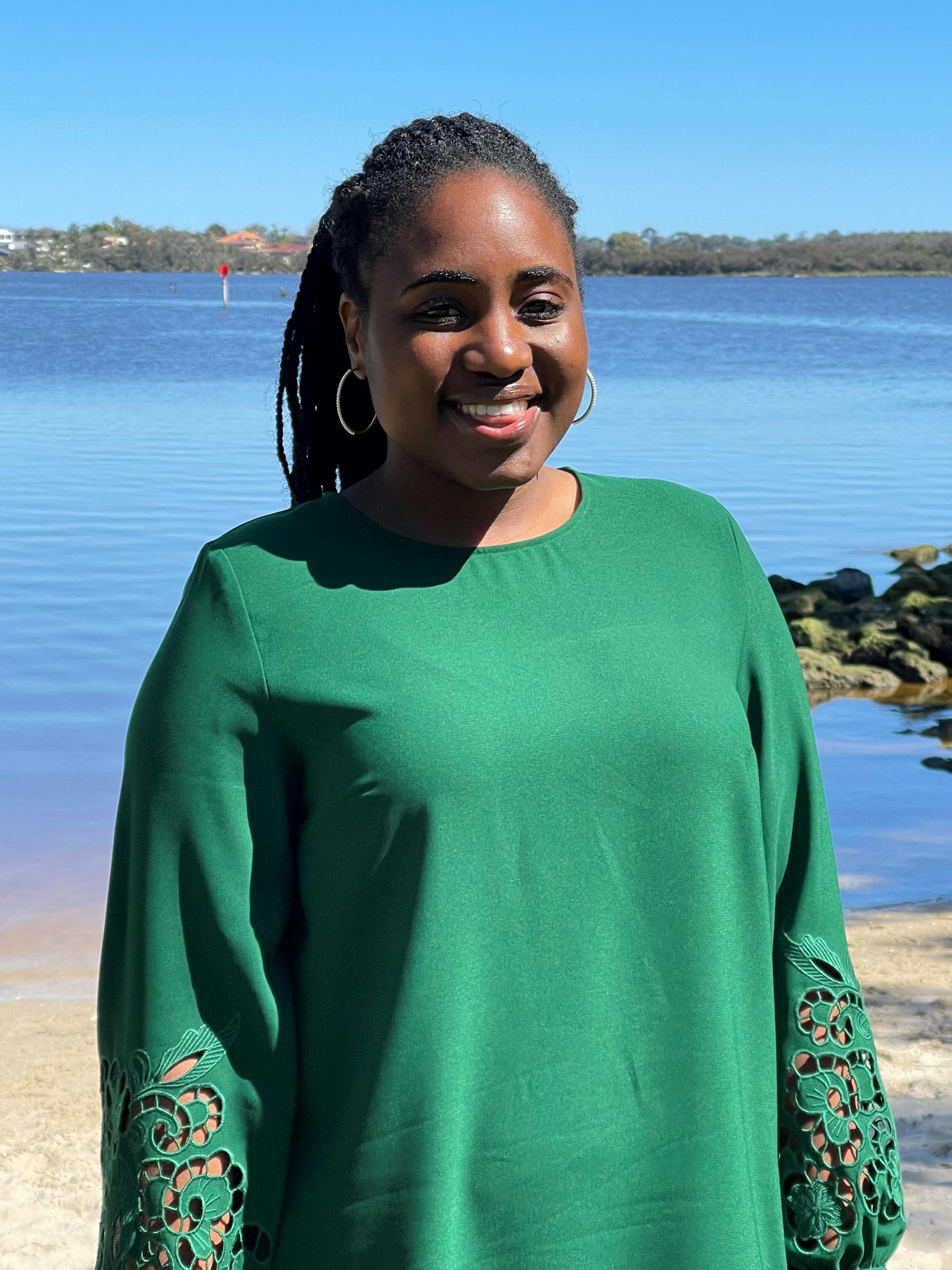At the McCusker Centre for Citizenship UWA, we are continually impressed by the meaningful work being accomplished by our alumni, especially those who choose to continue to pursue active citizenship in their careers.
We recently reached out to Nothando Ngwenya, who undertook her internship with Save the Children and was the inaugural recipient of the McCusker Centre for Citizenship Outstanding Intern Award in 2019.
We spoke to Nothando about life since graduating from her Master of International Development in mid-2020 and learned more about the valuable work she is doing empowering youth with education on gender equality and respectful relationships.
Thanks for taking part, Nothando! First of all, what have you been up to since graduating UWA?
Since graduating UWA I started working at Starick Services. This is an independent not-for-profit organisation which provides support to women, young people and children who are experiencing family and domestic violence. I am working as a project officer on the WA Respectful Relationships Program.
How would you describe the Respectful Relationships Program, and how did you come to be in your current role?
The WA Respectful Relationships Teaching Support Program is a primary prevention pilot program which focuses on building respectful relationships and gender equality from an early age, to prevent family and domestic violence before it starts. It commenced in 2019 with a $1 million commitment from the State Government to provide an evidence-based respectful relationships program suitable for delivery in Western Australian public schools. The pilot program is currently being delivered in primary and secondary public schools across Western Australia.
I landed my role in pretty much the same way I got into my internship with the McCusker Centre. A colleague of mine who knew I was interested in doing more community development work told me about an opportunity to volunteer with the Respectful Relationships Project. I expressed interest in volunteering and contributed in that capacity for a few weeks. The opportunity to work in the role came my way and I did not hesitate to take it on. I have loved every moment since and feel lucky to be working in a space I am passionate about!
What does the Respectful Relationships program look like in practice?
The program equips teachers with resources and tools to incorporate Respectful Relationships Education into the classroom curriculum. It also equips them with tools to implement a whole school approach to Respectful Relationships Education, which incorporates education outside of the classroom, such as in the playground.
An example of this is equipping teachers with the tools to help students become active bystanders who encourage positive behaviour and discourage negative behaviour with their peers on the playground.
What does a typical day in your role look like?
No two days are the same for me honestly, but there are a few staples that keep me going. This school term, most of my work has been focused on visiting the schools participating in the program to discuss their progress and start planning for the new year.
I typically will start my morning tackling my most important emails, I then plan for the school meetings by gathering resources and workshopping agendas for each school consultation.
On a day that also comprises a school visit, I will go out to a school and meet the staff we are working closely with.
This term we also have a McCusker Centre for Citizenship intern who is doing some research for us. Reading through the material she finds has been helpful in providing support for our schools.
What has been the highlight of this role so far?
My highlight of this role has been visiting our participating schools. Being in the environment in which Respectful Relationships Education occurs always serves as a strong reminder of who and what the work is for – future generations of children who will know exactly what it means to treat others with respect.
Looking back, how has your McCusker Centre for Citizenship internship experience impacted your life post-graduation?
In the period when I completed my McCusker Centre for Citizenship internship I realised how passionate I truly am about community development work. This shaped my job search in preparation for my post-graduation life, as I knew that I wanted my work to help improve the state of my local community.
Now post-graduation, I am in a role that reflects both my personal and professional passion, and I can compare it to my internship experience and see how closely they are both aligned.
Do you have any hopes or next steps for your career? What are you most looking forward to?
Moving forward in my career I hope to continue to learn about the issues that affect children, young people, and women most acutely and build my expertise in this space. I am most looking forward to collaborating with individuals and organisations who lead development projects in the future.
As more community members come together to create change, we will see our communities flourish even further.
What advice would do you have for other students who would like to contribute to the community in a professional capacity after graduation?
I would encourage other students to find a cause they are passionate about and pursue working for it in any way possible. Many community-based organisations are always looking for passionate community members to contribute to their work. Follow them on LinkedIn and their social media pages for ideas on how you can add value to their work.

